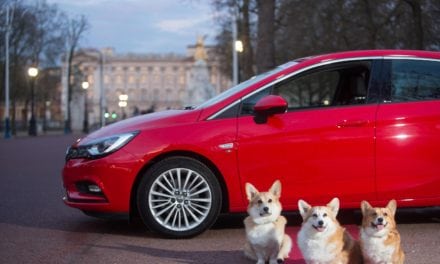Putting a positive spin on what Free Car Mag have consistently called, Robot Cars, continues with a survey by Nissan.
Vehicles fitted with autonomous technologies will bring most benefit to the personal mobility of the disabled (56%), the visually impaired (42%) and the elderly (30%), according to a survey of the British public conducted by Nissan.
Improved mobility for everyone was considered to be the primary advantage of autonomous cars, accounting for the sentiment of more than 60% of respondents.
This benefit outweighed concerns of the possibility of a malfunction (49%), or not having full control of the car, which for 53% of the interviewees was seen as the biggest safety concern. However, half of those surveyed (51%) felt that a reduction in accidents caused by human error would also be a positive outcome of the new technology, followed by lower stress levels (45%) for drivers.
The survey conducted by Nissan canvassed the views of more than 6,000 people across Europe, including 1,000 from the UK, to create a report of Consumer Attitudes to Autonomous Drive Technologies.
One in three British residents (33%) claimed to be ‘excited’ about the possibility of more self-driving cars on the roads and almost half (45%) said they would be comfortable riding in one. Concerns about an overreliance on technology though, saw 55% of respondents stating they would be ‘uncomfortable’ being driven by the technology.
However, another benefit identified was the ability to do ‘something other than driving’ when in the car. Three in four (76%) Brits admitted to multi-tasking behind the wheel, such as eating (38%) or even illegally texting (11%). Therefore 44% of the surveyed liked the idea of autonomous vehicles taking care of the driving to provide more free or productive time.
Managing Director of Nissan GB, Alex Smith commented; ‘Mass-market autonomous technologies are very much in their infancy, so the vast majority of drivers won’t have had the opportunity to experience life on the road with them. Therefore we’d expect some hesitancies about such a revolutionary change to how we drive our cars – or indeed how our cars drive us.
However, these results are pleasantly optimistic, particularly with regards identifying the benefits to users who will rely on the technology more, such as the elderly or the impaired. The fact that more than one in seven (13%) buyers are already considering some kind of autonomously-equipped car for their next purchase also demonstrates an enthusiasm for these new innovations.’











